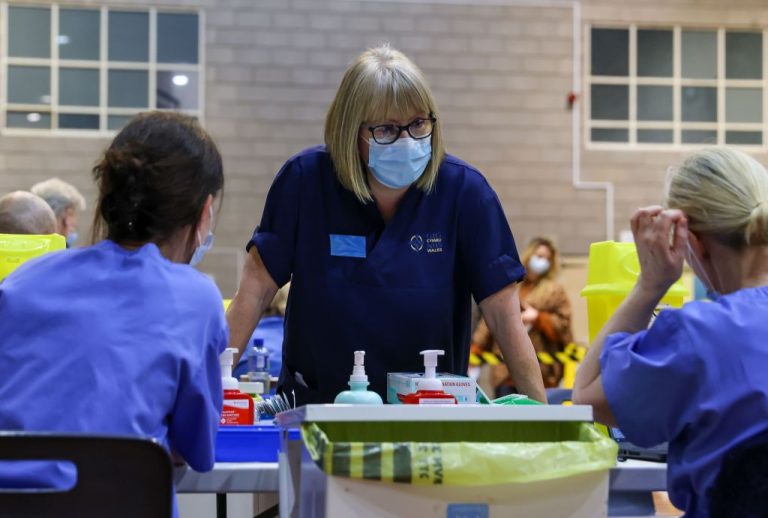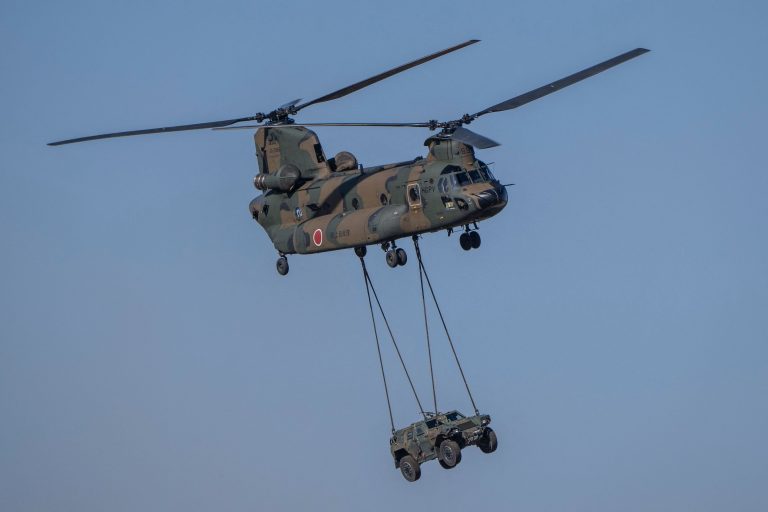Omicron Coronavirus Disease 2019 (COVID-19) cases continue to balloon, affecting fully vaccinated and boosted individuals at a much higher rate than the Delta variant. Based on data through Dec. 20 published by the UK Health Security Agency (UKHSA), 132 individuals were diagnosed with laboratory-confirmed Omicron and admitted or transferred from emergency departments, with 54 (40.9 percent) of the cases occurring in London.
Drastically reduced vaccine efficacy
The UKHSA reported that among the hospitalized Omicron patients, 74 individuals (56.1 percent) were fully vaccinated, 17 (12.9 percent) had received a booster dose, 27 individuals were unvaccinated (20.5 percent), eight individuals (6.1 percent) received one dose only, and the vaccination status of six people (4.5 percent) were unknown. In other words, 91 individuals (68.9 percent) were fully vaccinated, and 99 individuals (75 percent) had received at least one dose of a COVID-19 vaccine.
Admitted individuals had a median age of 45.5 years old, with 74 (56.1 percent) aged 40 years or more, and 25.8 percent aged 70 years or more. 55 percent of hospitalizations occurred in self-reported White (British) individuals, and 8 percent in Black (African) individuals. A total of 14 deaths were reported within 28 days of Omicron diagnosis in individuals aged 52 to 96 years old, with a median time from specimen date to death of 4 days.
The agency analyzed vaccine effectiveness after doses 2 and 3 by comparing data in 147,597 Delta and 68,489 Omicron cases. Researchers found “effectiveness was lower for Omicron compared to Delta. Among those who received an AstraZeneca primary course, vaccine effectiveness was around 60% 2 to 4 weeks after either a Pfizer or Moderna booster, then dropped to 35% with a Pfizer booster and 45% with a Moderna booster by 10 weeks after the booster.”
“Among those who received a Pfizer primary course, vaccine effectiveness was around 70% after a Pfizer booster, dropping to 45% after 10-plus weeks and stayed around 70 to 75% after a Moderna booster up to 9 weeks after booster.”
Success
You are now signed up for our newsletter
Success
Check your email to complete sign up
Of note, vaccine efficacy wanes significantly after 10 weeks, potentially even increasing the risk of SARS-CoV-2 viral infection.
A preprint Danish cohort study published in medRxiv on Dec. 23, 2021 showed that vaccine efficacy against Omicron in fully vaccinated individuals for the Pfizer and Moderna vaccines declined to 9.8 percent and 4.2 percent, respectively, 61 to 90 days after vaccination.
Data between Nov. 20 and Dec. 12 from Denmark was analyzed in the study. These figures stood in stark contrast to the protection rates against Delta of 72.8 percent and 72.2 percent, respectively, for the same time period.
Even more striking was vaccine efficacy against Omicron registered as negative 76.5 percent and negative 39.3 percent 91 to 150 days after vaccination with Pfizer and Moderna, respectively.
Negative vaccine efficacy meant that fully vaccinated individuals were more likely to get Omicron than if they had not been vaccinated. Although receiving a Pfizer or Moderna booster dose offered 54.6 percent or 82.8 percent protection for 30 days, respectively, efficacy would be expected to decline with time.
Despite evidence of quickly waning vaccine efficacy, the UK agency’s chief executive, Jenny Harries, said, “Cases are currently very high in the UK, and even a relatively low proportion requiring hospitalisation could result in a significant number of people becoming seriously ill. The best way that you can protect yourself is to come forward for your first two doses of vaccine, or your booster jab, and do everything you can to stop onward transmission of the infection.”
The BMJ reported the extra protection gained by a booster “may wane more rapidly against omicron than delta, being about 15-25% lower from 10 weeks after the booster.”
England’s health and social care secretary, Sajid Javid, added, “Hospital admissions are increasing, and we cannot risk the NHS being overwhelmed. This is early stage analysis, and we continue to monitor the data hour by hour.”
















